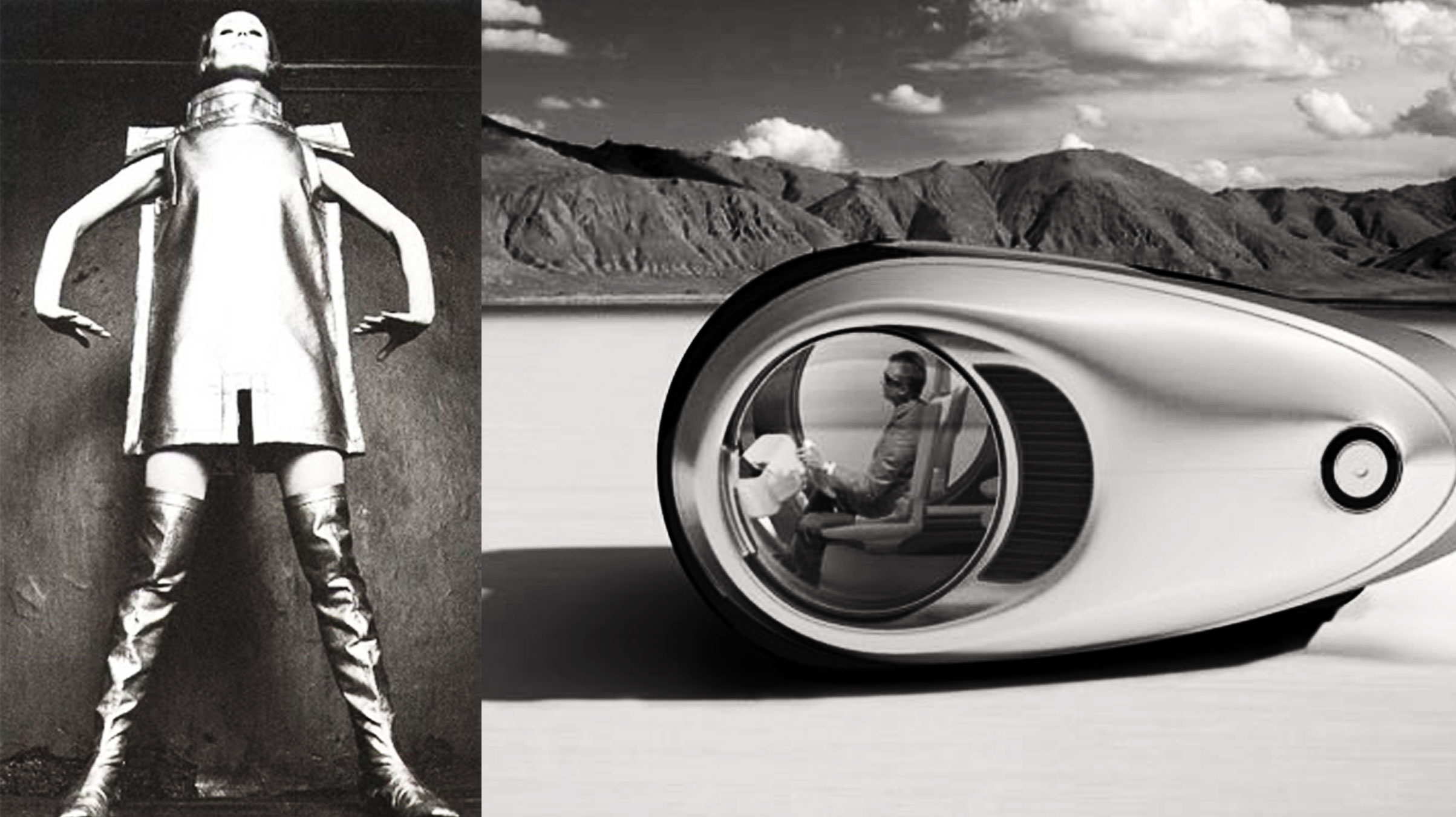The ability to create safe driverless cars is upon us, but I’m still not sure that everyone is going to want to give up the wheel–give up ownership, even. From a report by Navneet Alang at the Globe & Mail on some of the larger implications of autonomous vehicles:
“As easy as it is to conceive of a future much like the present, only with highways full of autonomous cars, the reality is quite different. If cars can drive themselves, the place of the automobile in our culture will start to change radically – and how it does so will have enormous ramifications for cities, for commuters and for our lives.
It’s tempting to think of the arrival of driverless cars like other switches from manual to automatic technologies: the benefits will all be about of convenience. You could have the privacy and effectiveness of a single car for your ride to work, but could read the newspaper and eat your breakfast on the way. It’s the best of your Honda and a subway rolled into one.
But if cars can move themselves around, why, for example, should they lie in a parking lot all day or night? Instead, as others have suggested, it might make far more sense to have a car simply drop you off at work, and either keep itself elsewhere or transport someone else, thereby saving the increasingly valuable real estate in cities for other things. The inefficiency of a vehicle that goes unused for most of the day may start to seem quite wasteful.
In fact, that sort of thinking leads quite logically into challenging the very idea of owning a car. Rather than storing a thirty- or forty-thousand dollar machine in your garage, it may make more sense to pull out your smartphone and hail one if and when needed. Cars could be shared, either through extending the services we have now like Zipcar or Car2Go, or through new forms of shared ownership we haven’t quite conceived of yet.”

